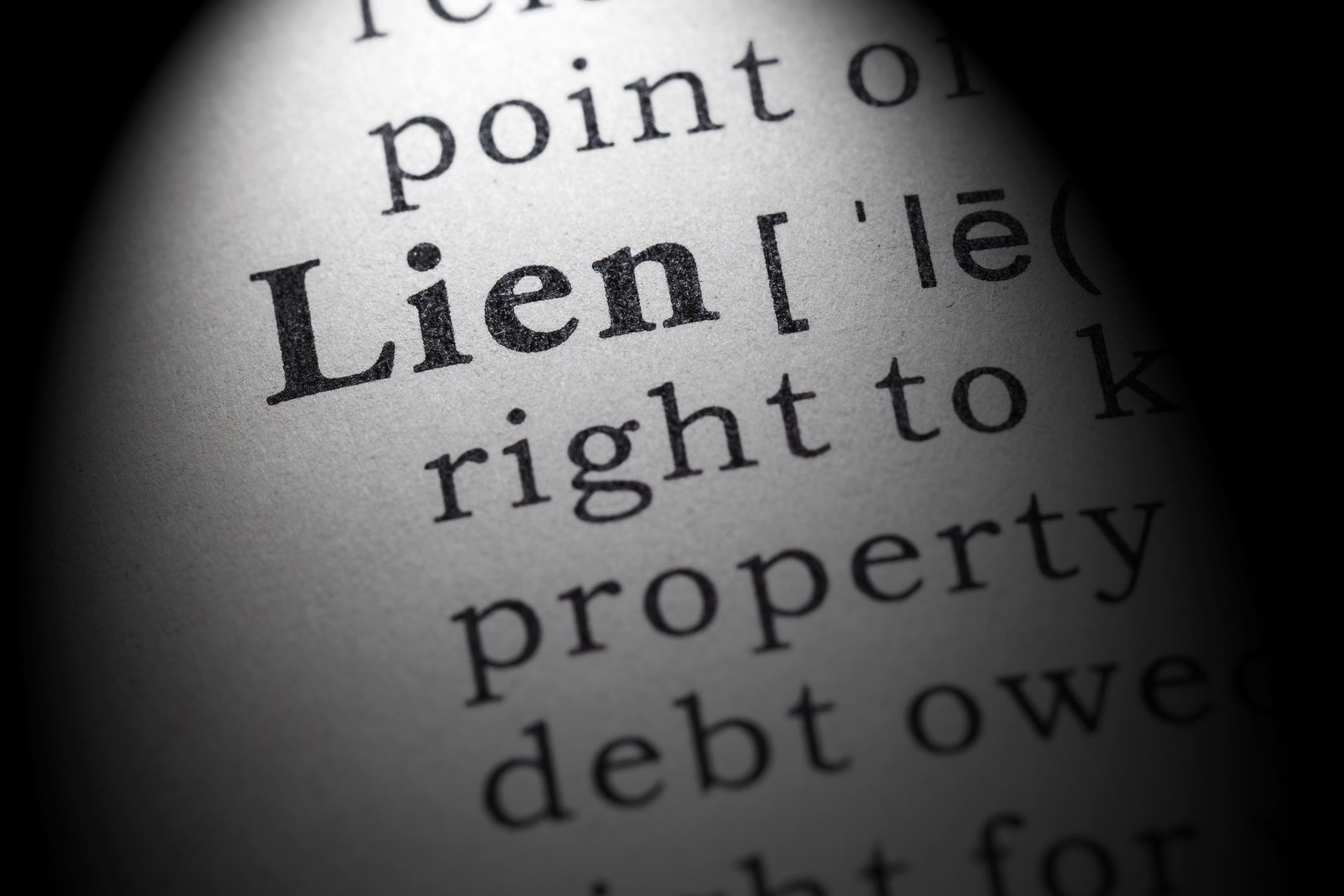
Which homeowner association fees and fines can lead to a lien against a home?
Question: As I understand it, a homeowner association has an automatic lien against a home if the association's monthly dues are not paid. Thus, a buyer of the house would be responsible for any unpaid monthly association dues if not paid by the seller at the close of escrow. On the other hand, a homeowner association does not have an automatic lien for unpaid fines charged by the association for violations of the covenants, conditions and restrictions (for instance, leaving the garage door open overnight). Thus, a buyer of the house is not responsible for paying any unpaid fines. This distinction between unpaid association dues and unpaid fines makes no sense. If the homeowner violates the covenants, conditions and restrictions by not paying monthly association dues, there is a lien, but if a homeowner violates the association rules by not paying a fine for leaving the garage door open overnight, there is no lien. What is the reason for this distinction?
Answer: Under , covenants, conditions and restrictions can require payment of association dues by the homeowner; otherwise, a lien is created for the amount of the unpaid association dues. See A.R.S. § 33-1807. Therefore, any unpaid association dues are a lien by "state action." No Arizona statutes (i.e., "state action") authorize covenants, conditions and restrictions to require payment by the homeowner for other violations of the association rules (e.g., leaving the garage door open). Therefore, there is no automatic lien for unpaid fines that could authorize foreclosure by the association. The association has to file a collection lawsuit.
Note: A homeowner association cannot fine a homeowner for any violation of the covenants, conditions and restrictions unless the homeowner is first offered the opportunity to appear before the association board of directors to contest the proposed fine. See A.R.S. § 33-1803.